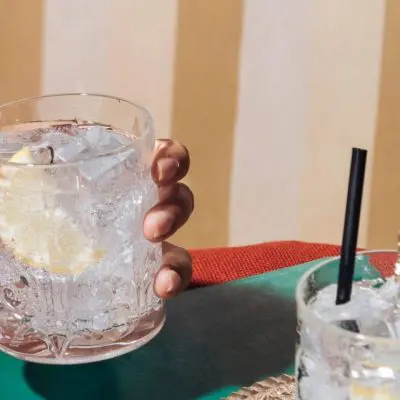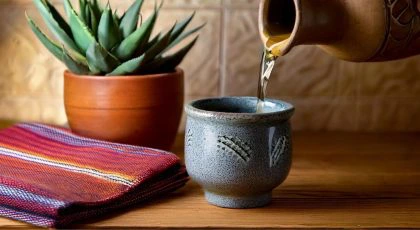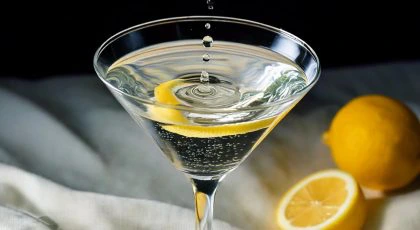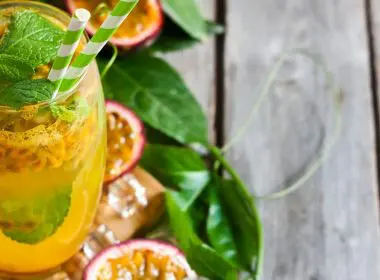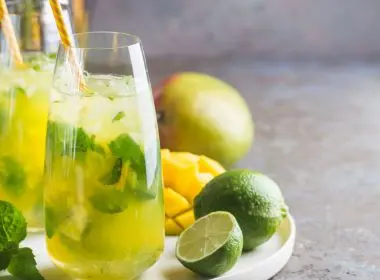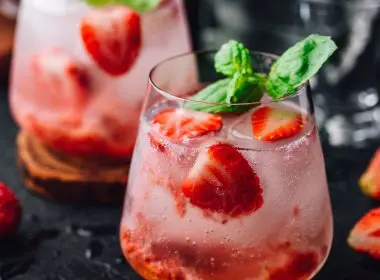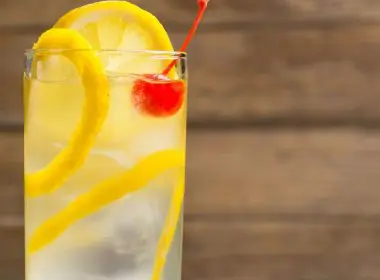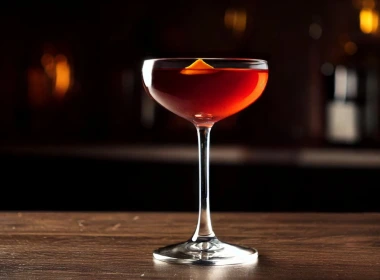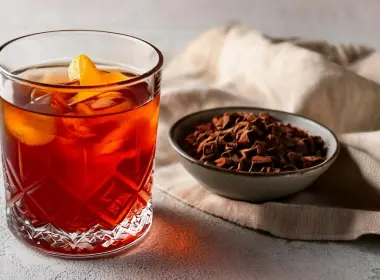What is Gin Made From: The Ori(gin) Story & More
Jump to:
What is gin made from? Good question, drinks detective, and good job for seeking out the ultimate oriGIN story. Sorry, we had to, the pun is just too good! Now that we’ve gotten that out of our system, let’s get on with the good bit…
Exceptionally popular in the 1950s, the clear, herbaceous spirit was relegated to the back of the counter for a time, before spilling back into fashion at the end of the 1980s. Since then, it has not left the cocktail scene at all and remains a firm favourite with professional mixologists and DIY drink enthusiasts alike. But where exactly did it come from?
The concise history of the juniper cure
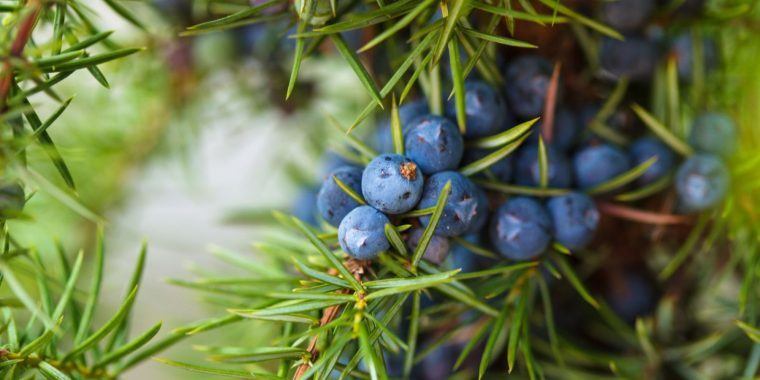
Once upon a time in the 14th century, it was believed that juniper berries had the power to eradicate the plague that had spread through Europe like wildfire. At the same time, modern distillation (with a brand-new cooling component) was dreamed of in Italy. From here, a variety of steeped juniper tonics followed the spread of the epidemic to Holland.
In the 17th century, British soldiers returned from Holland with a rudimentary type of gin in their luggage. Soon after that, William of Orange was crowned King of England and encouraged the production of gin in volumes to double that of cognac, which, of course, was produced by their sworn enemy, the French.
Neither taxed nor supervised, making gin was very easy and also inexpensive. This state of affairs led to the so-called ‘gin craze’ era, when British inhabitants were drinking on average one pint of gin per week! Realising that too much of a good thing is not a great idea, the government laid down the law, and by 1761 only recognized distillers were authorised to produce gin. This controlled production and boosted overall quality.
The 1930s cocktail era & the great gin boom
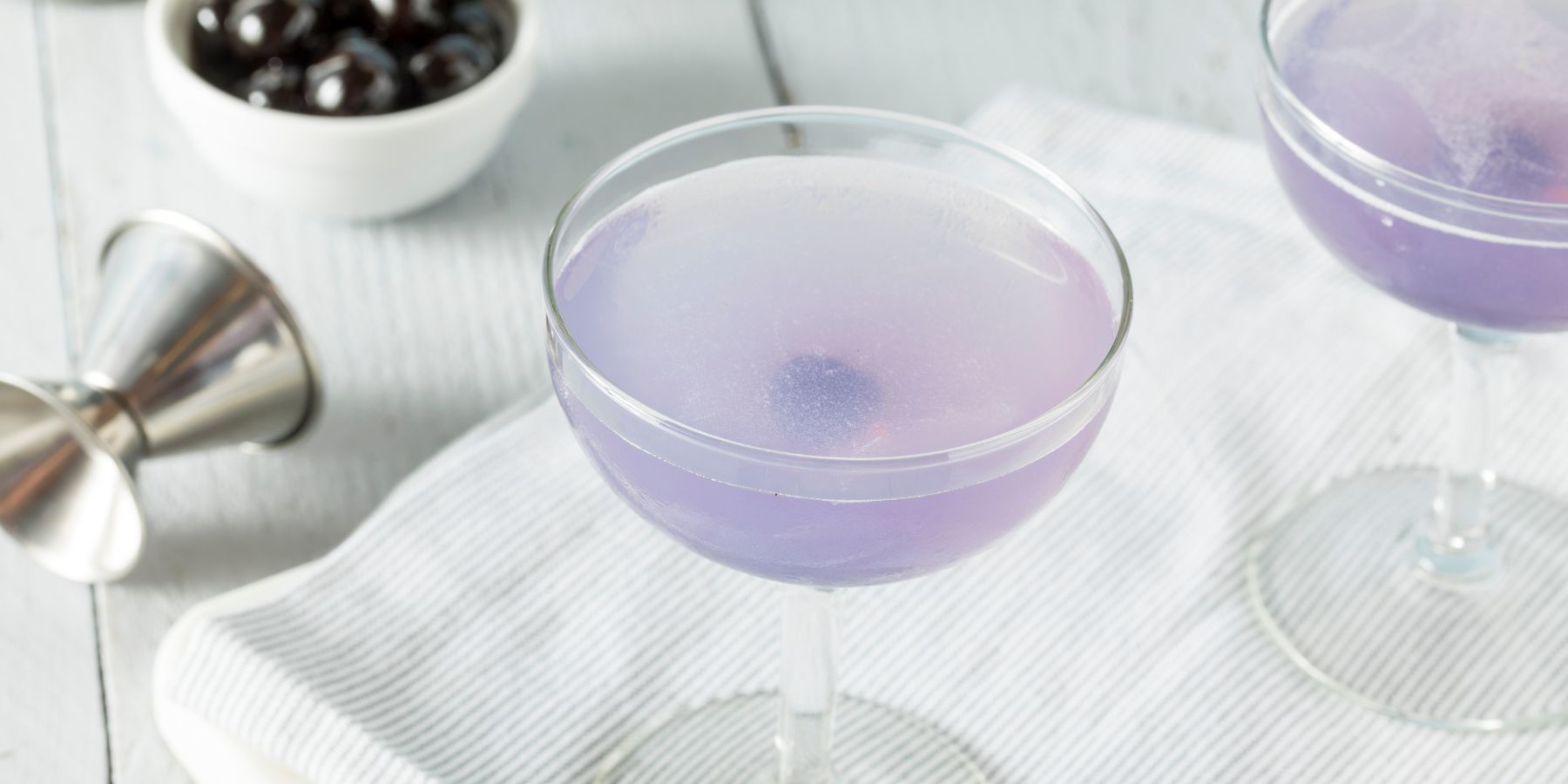
The next big era for gin was the 1930s when the cocktail boom swept through Europe. It ruled the roost of the spirit of choice for a few decades, until the 1960s, when vodka took over the limelight. Twenty years later, it was relaunched for a new generation, and today it remains a star ingredient in many iconic cocktails like the Aviation, Clover Club, and Last Word; as well as new-era cocktails like the Bronx and Hugo.
What is gin made from?
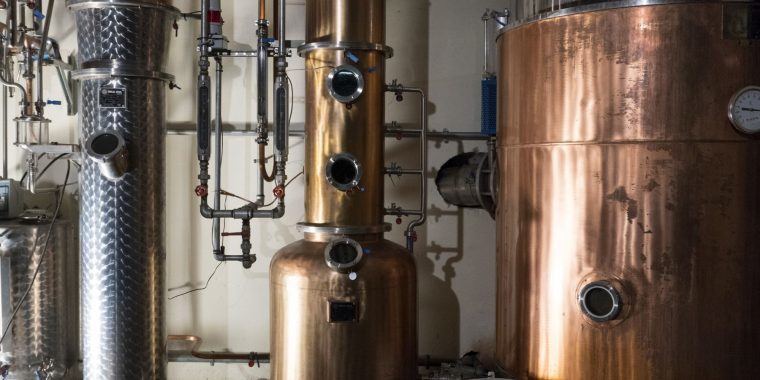
But let’s return to the original question, shall we? What exactly is gin made from? First things first, it’s important to realize that every gin manufacturer has their trade secrets, so the specific recipe is very unlikely to ever be revealed.
However, by definition, gin is a neutral alcohol flavoured with plants, spices or roots, of which juniper must represent a major component. It is complemented by various botanicals that can be very varied. Among them, we mainly find coriander or angelica, citrus zest, cinnamon or cardamom, or even floral and herbaceous elements such as chamomile and geranium.
The gin-making process has four stages, namely:
- The distillation of a neutral alcohol, generally made from cereals.
- The integration of botanicals—for compound gin, this involves the maceration of aromatics or the addition of artificial flavours; for distilled gin, it involves cold maceration and distillation, or an infusion of aromatics directly in the still during distillation.
- Beautification for a better balance of aromas by means of reduction, filtration and the addition of sugar.
- Blending and bottling.
The different families of gin
There are several families of gin. The most common is the London Dry Gin, a distilled gin of which the aroma is obtained exclusively by distillation in traditional stills, with natural plant materials used. No artificial element can be added to it, only sugar and no more than 0.1 g per litre of the final product.
Among the other families, we find Old Tom Gin, an ancestor of London Dry Gin, Plymouth Gin, produced in an eponymous distillery in the south of England, or Sloe gin, macerated with fruit.
What is the best type of gin?
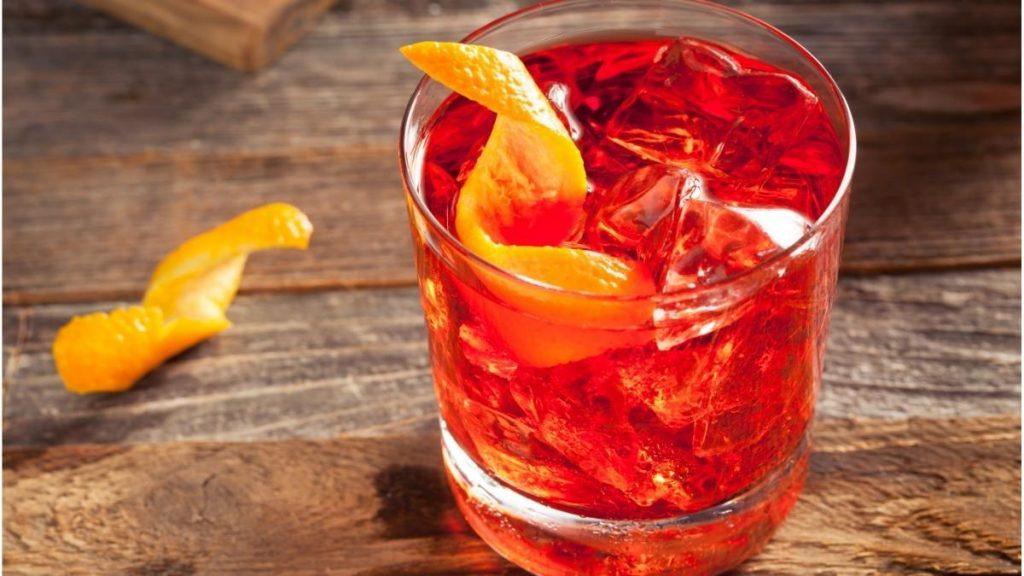
We favour a London Dry Gin that has undergone a quadruple distillation process, with maceration of the plants in the still, which makes its aromas finer. Bulldog Gin contains 12 botanicals that were sourced from 8 different countries. Among them, are exclusive components such as dragon’s eye, poppy and lotus which give it subtle spicy notes. Exceptionally round, smooth and pure, the Bulldog is ideal for making classic cocktails such as the Negroni or iconic Gin & Tonic.
